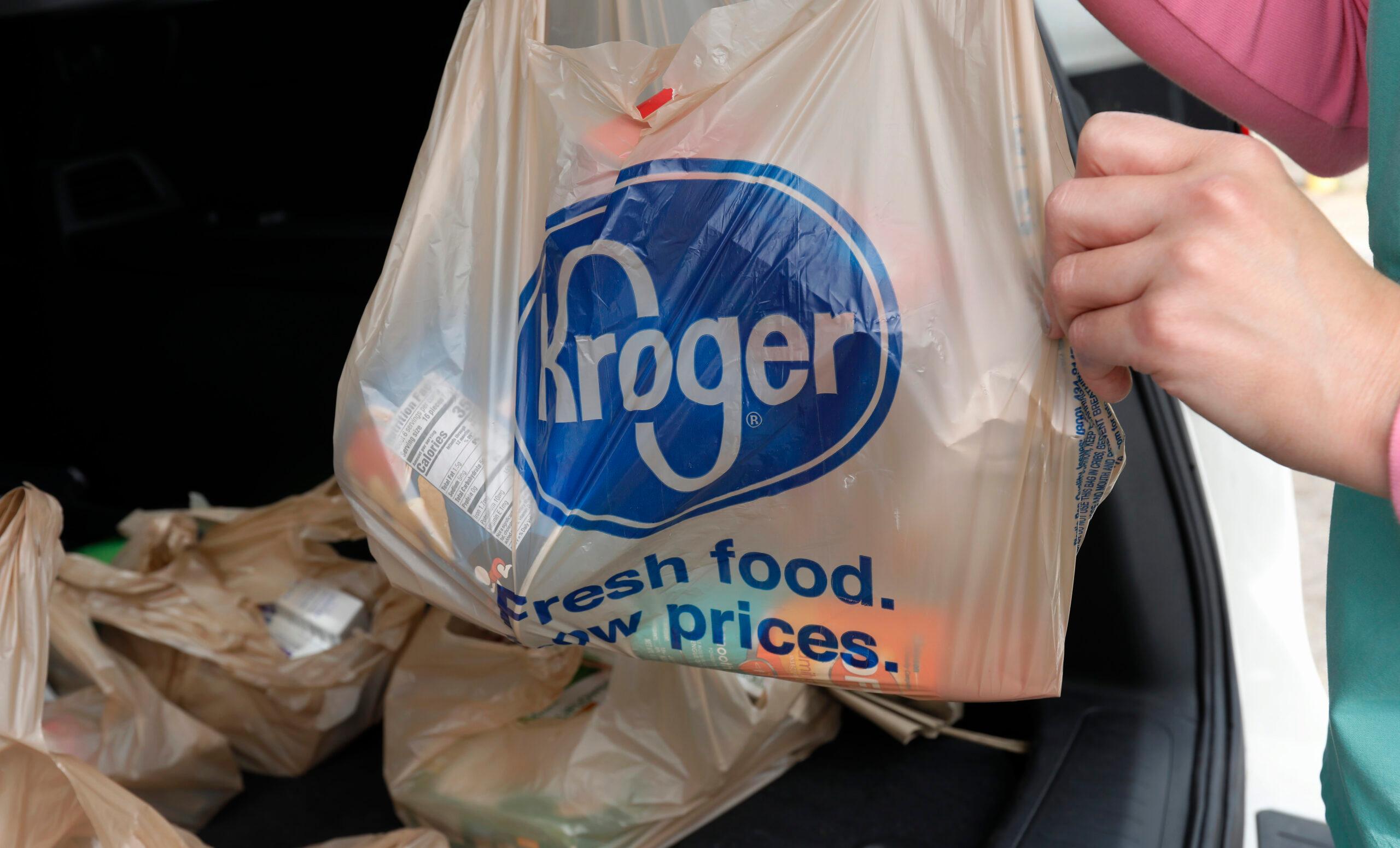
Updated at 4:49 p.m. on September 8, 2023.
Albertsons and Kroger have reached a deal to sell hundreds of stores, including more than 50 in Colorado, to a New Hampshire-based wholesaler.
The sale moves the supermarket giants a step closer to completing a $25 billion merger.
The companies, which own King Soopers and Safeway in Colorado, are offloading 413 stores across the U.S. to C&S Wholesale Grocers. The deal ensures that no stores will close as a result of the merger, no frontline jobs will be lost, and all current collective bargaining agreements will be upheld, according to a joint statement from Albertsons and Kroger.
“Following the announcement of our proposed merger with Albertsons Cos., we embarked on a robust and thoughtful process to identify a well-capitalized buyer who will operate as a fierce competitor and ensure divested stores and their associates will continue serving their communities in the ways they do today. C&S achieves all these objectives," Kroger CEO Rodney McMullen said in the statement.
C&S will take over 52 Albertson’s in Colorado upon completion of the deal, which is anticipated to close early next year. The transaction still needs clearance from federal regulators. Prior to the deal closing, Kroger may require C&S to purchase up to an additional 237 stores in certain regions to obtain regulatory approval.
Colorado Albertsons locations sold to C&S will keep their current branding, but those retained by Kroger will rebrand from Albertsons to Kroger stores.
The merger has run into resistance from state officials in Colorado over concerns that it could create a grocery monopoly that hurts employees and consumers.
Local leaders for the United Food & Commercial Workers union raised objections to the sale of stores to C&S as a means to allay those concerns. They cited a similar deal used to overcome regulatory hurdles when Albertsons merged with Safeway in 2015. The buyer in that instance, Haggen, went bankrupt less than a year after the sale. In the aftermath, Albertsons bought back many of the stores it had just sold.








